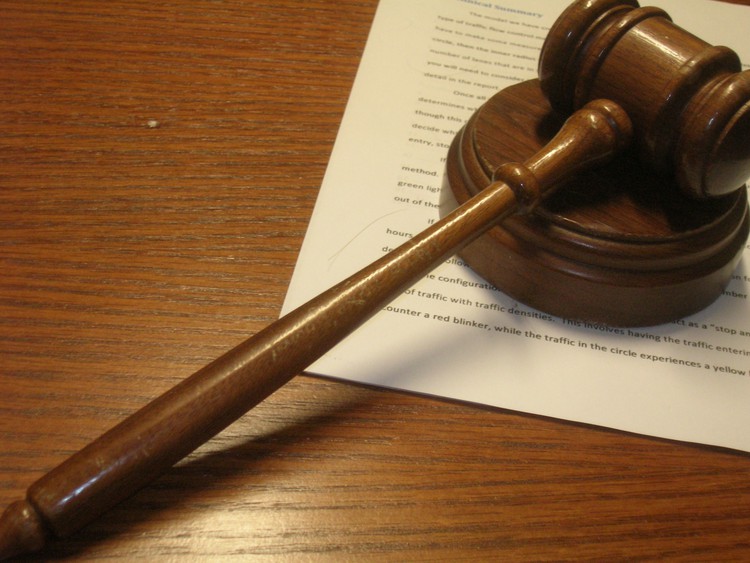Head of Special Tribunal quits after one year
Judge Margaret Victor’s resignation is effective end of November, yet a replacement has not been named
Judge Margaret Victor has resigned as the head of the Special Tribunal. Photo: Brian Turner via Flickr (CC BY 2.0)
- Retired judge Margaret Victor resigned as head of the Special Tribunal in September after one year but agreed to stay on until the end of November.
- The tribunal delivered 41 judgments involving almost R1.8-billion in 2025, up from 20 in 2024 and 22 in 2023, despite being disrupted by having its offices moved from Johannesburg to Pretoria.
- Critics argue the tribunal should be granted permanent status and fall under the high court rather than having new judges appointed every three years.
Retired judge Margaret Victor resigned as the head of the Special Tribunal in September, but agreed to stay on until the end of November, a year since she was appointed, GroundUp has confirmed.
President Cyril Ramaphosa is yet to announce Victor’s resignation or name her successor. The president appoints judges to serve on the tribunal on three-year terms.
Victor’s appointment in November 2024 came after the near collapse of the Special Tribunal, following the resignation of its previous head, Lebogang Modiba.
Judges Matter researcher Mbekezeli Benjamin said: “It is extremely worrying that the Special Tribunal will now be going on to its third president in three years. That level of instability cannot be good for an institution that should be at the forefront of the fight against corruption, especially the recovery of public money.
“We hope that the Minister of Justice will move urgently to deal with the structural problems of the Special Tribunal, including finalising its permanent status, while providing resources commensurate with its mandate.”
GroundUp previously reported that one of the reasons Modiba resigned was because of her heavy caseload, as well as “lack of support” from the Department of Justice and Constitutional Development under which the tribunal falls.
The department did not respond to our questions.
The tribunal is one of the most effective weapons in the government’s anti-corruption arsenal. It was established in 2019 to hear applications by the Special Investigating Unit (SIU) to freeze and confiscate the proceeds of corruption, including money, properties, vehicles and other assets.
In prior years, the SIU was forced at times to turn to the overburdened high courts to seek preservation orders as the Tribunal was not fully functioning.
Modiba had personally heard about three-quarters of all matters brought before the tribunal during its five years of existence, with the other judges largely inactive.
The tribunal enjoyed a new surge of energy under Judge Victor and the other judges appointed at the same time as her on 1 November 2024.
The tribunal delivered 41 judgments (involving almost R1.8-billion) in 2025, compared to 20 in 2024 and 22 in 2023.
The increase in judgments in 2025 was despite the fact that the tribunal was disrupted for a period after it moved its offices from Booysens Court, Johannesburg, to Pretoria.
Support independent journalism
Donate using Payfast

Don't miss out on the latest news
We respect your privacy, and promise we won't spam you.
Next: More than R200-million spent on unused sports stadiums
Previous: Part Two: Dodgy Nguni cattle deals uncovered at Fort Hare
© 2025 GroundUp. This article is licensed under a Creative Commons Attribution-NoDerivatives 4.0 International License.
You may republish this article, so long as you credit the authors and GroundUp, and do not change the text. Please include a link back to the original article.
We put an invisible pixel in the article so that we can count traffic to republishers. All analytics tools are solely on our servers. We do not give our logs to any third party. Logs are deleted after two weeks. We do not use any IP address identifying information except to count regional traffic. We are solely interested in counting hits, not tracking users. If you republish, please do not delete the invisible pixel.

